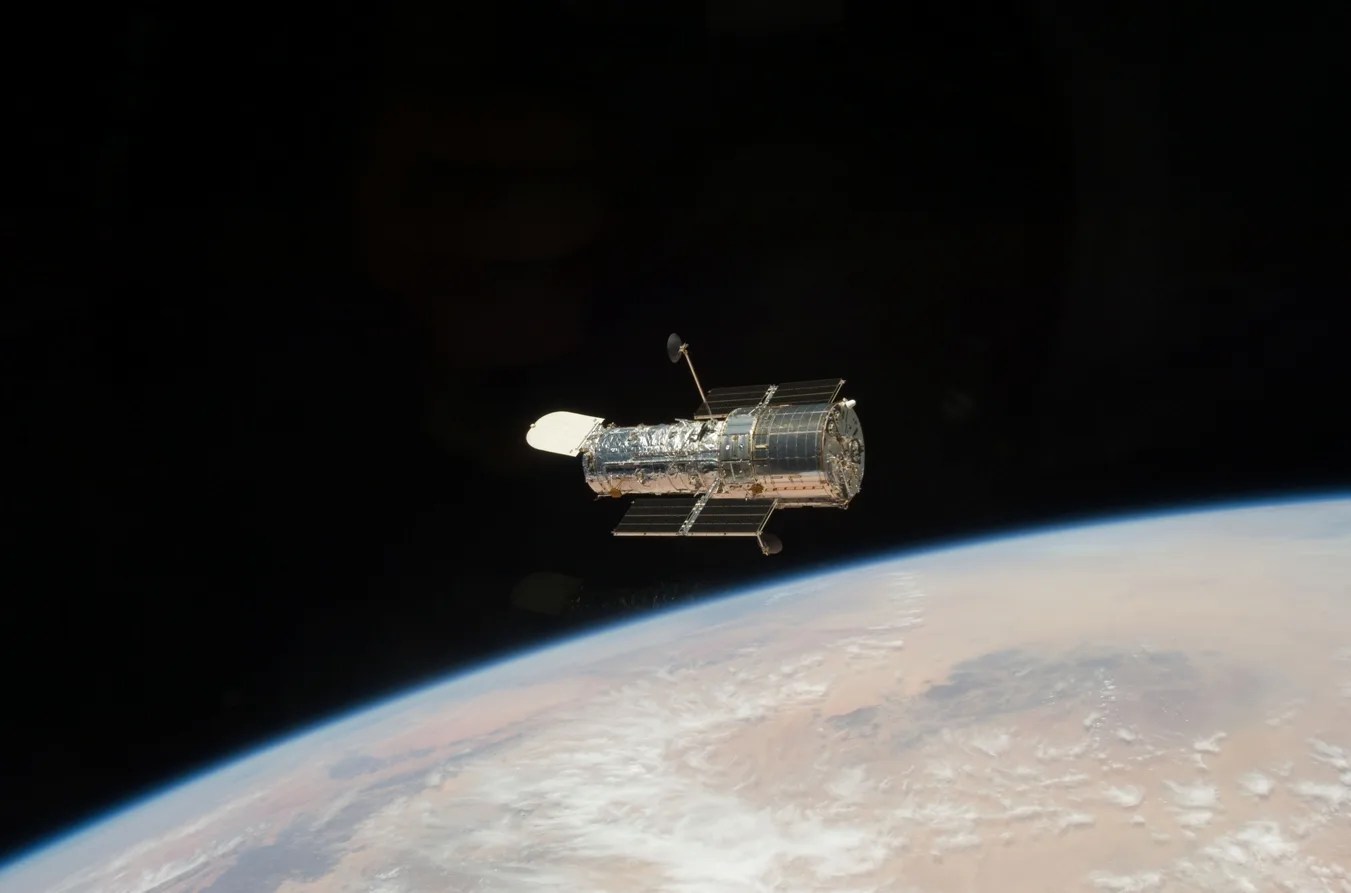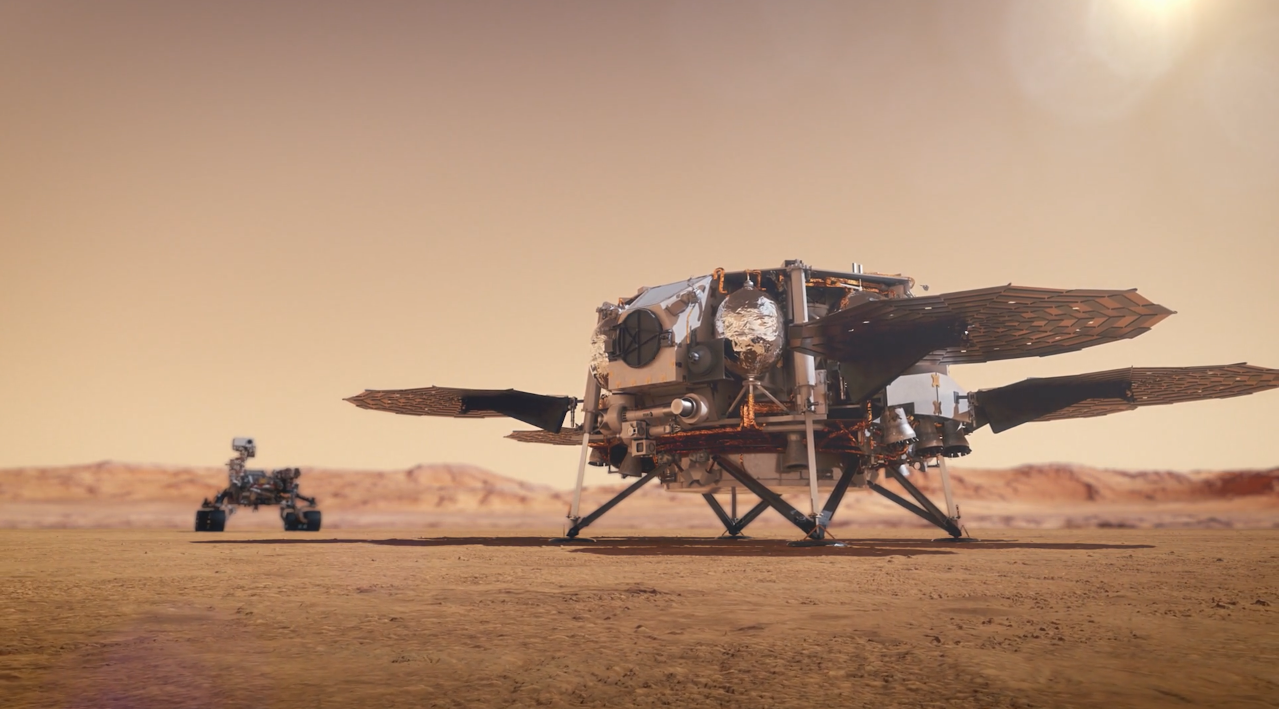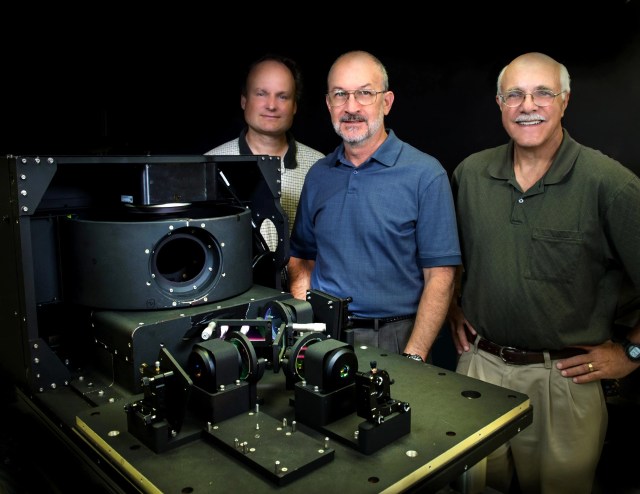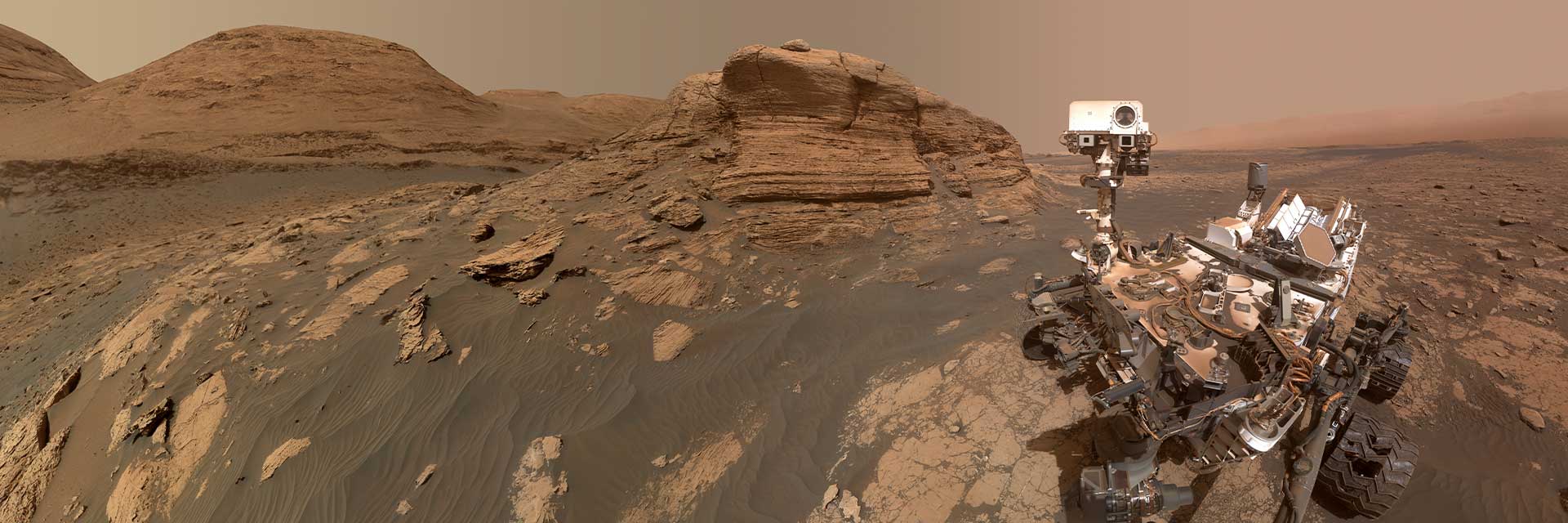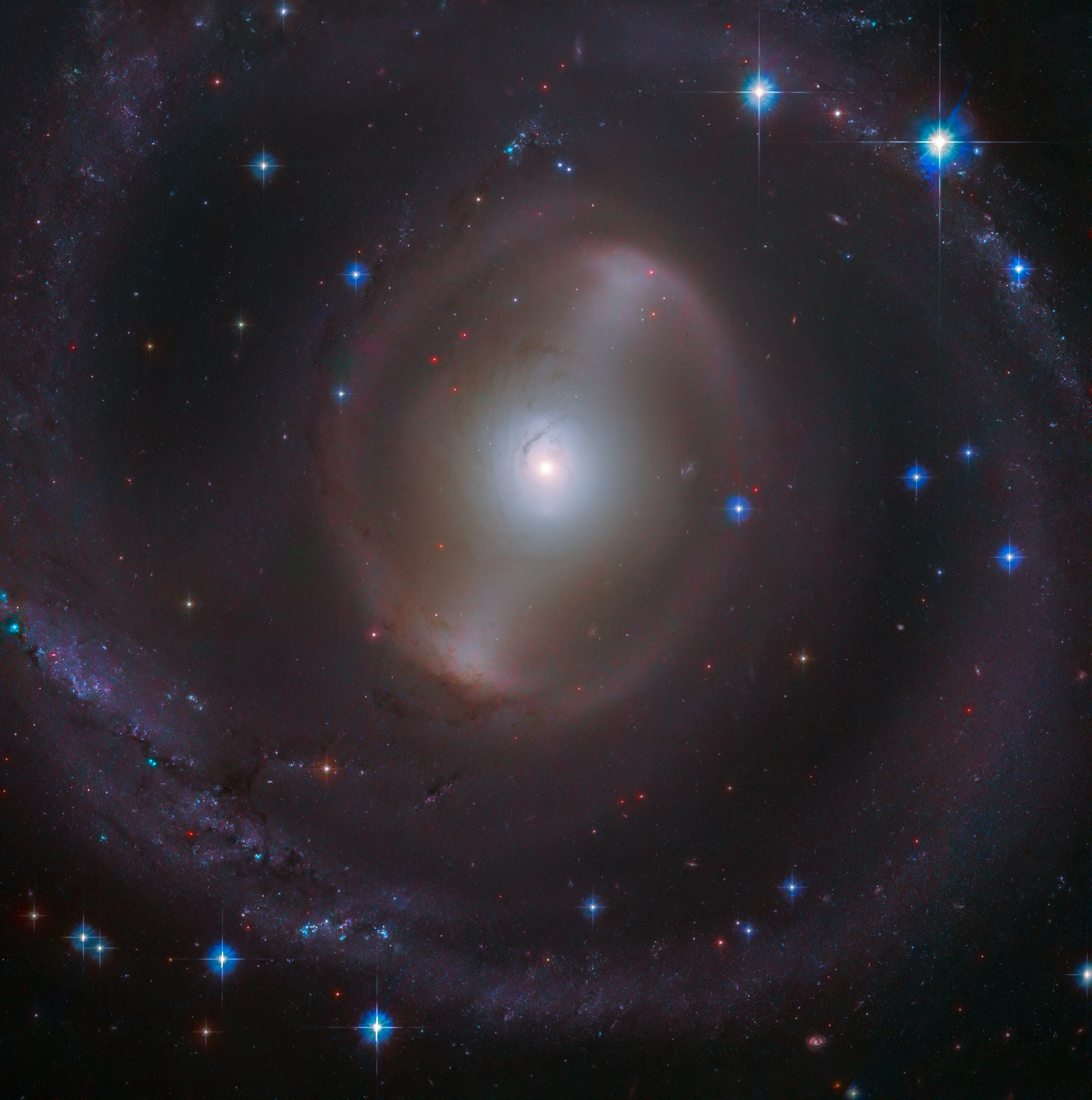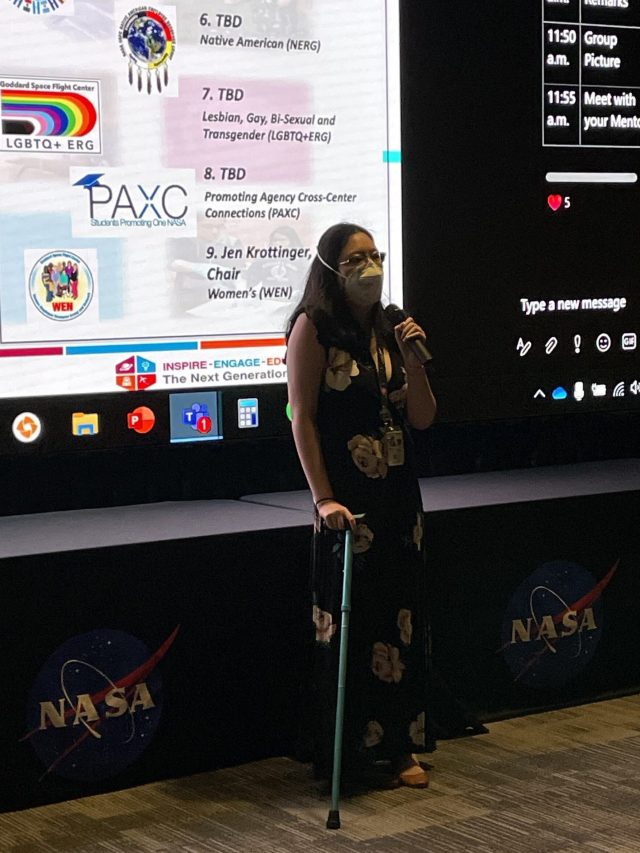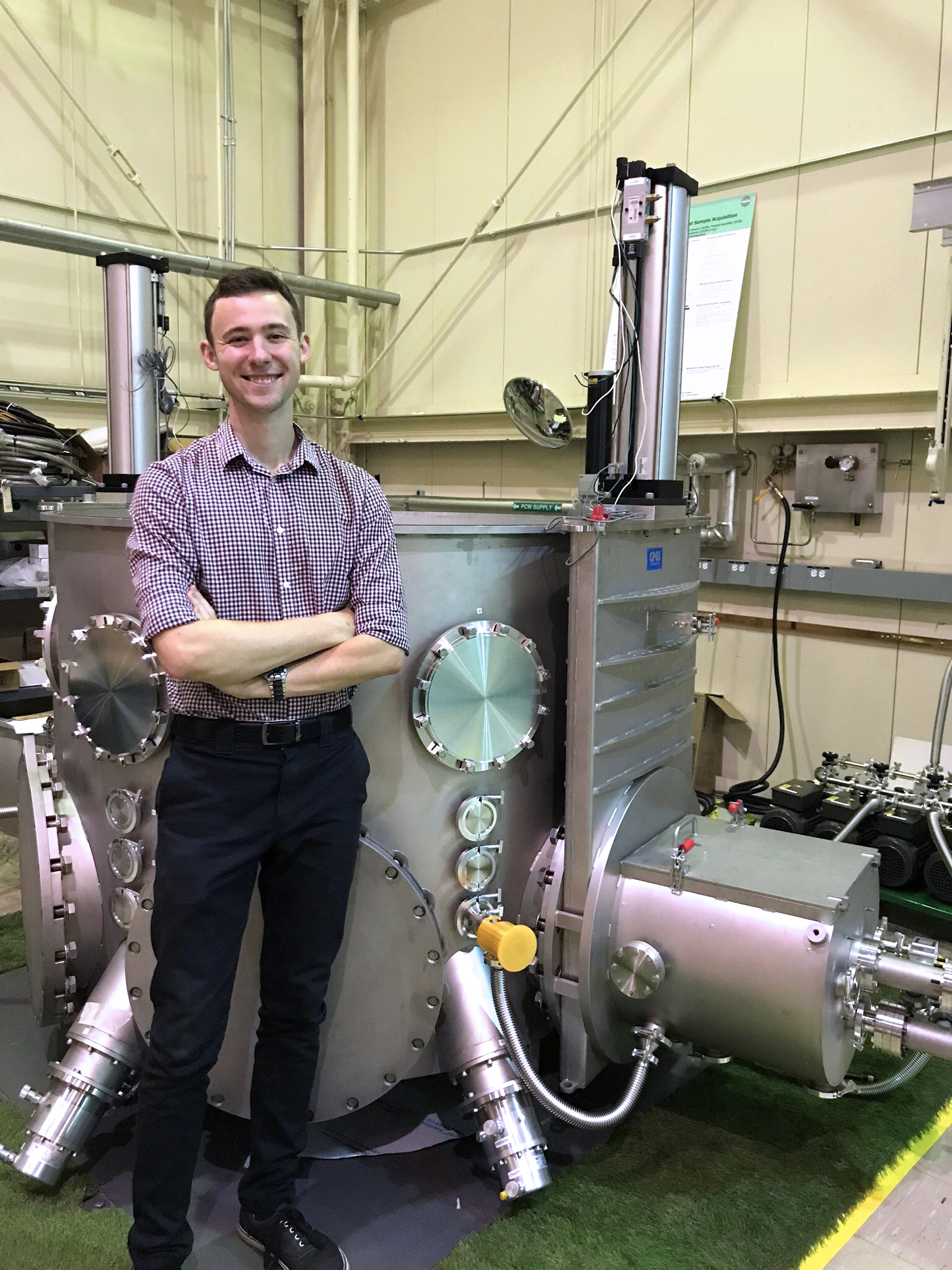Christopher Sercel
University of Michigan
The Rotating Magnetic Field (RMF) Thruster is a device inspired by Field Reversed Configuration (FRC) research in both the fusion and electric propulsion community. It uses a pulsed rotating magnetic field to drive plasma currents to produce thrust. Because of its pulsed nature, the resulting high-power thruster would be highly throttleable due to the ability to adjust duty cycle. The RMF current drive mechanism also requires relatively low currents relative to other pulsed inductive thrusters, potentially offering dramatically increased lifetime. Additionally, it would be ideal for in-situ resource utilization (ISRU) applications because the confined nature of the plasmoid and lack of plasma-wetted electrodes ensures minimal erosion of the device even with propellants such as water. However, relatively little work has been done to study the mechanisms behind accelerating the plasma, and measurements of thruster characteristics (thrust, specific impulse, etc.) have never been performed. We propose to study this promising new technology by adding onto the existing analysis of the acceleration of FRC plasmoids, and by testing a real device to achieve the first real measurements of its performance. The results of the theoretical and experimental portions will then be used to begin the optimization of the RMF thruster. This project allows for research which fits in with the expertise and long-term plans already in place in Prof. Jorns’ lab, while maintaining that the main research effort is in search of a next-generation ISRU-compatible thruster.


